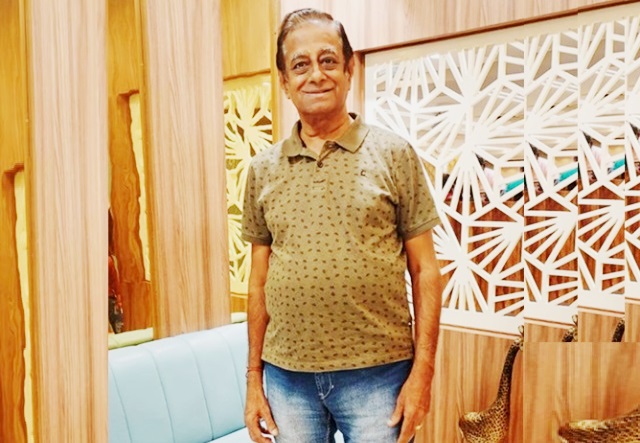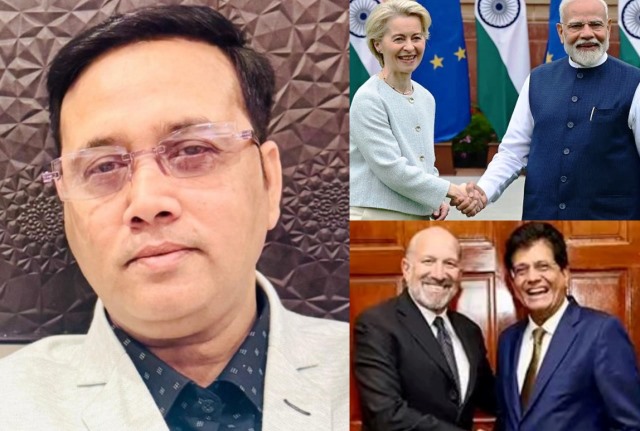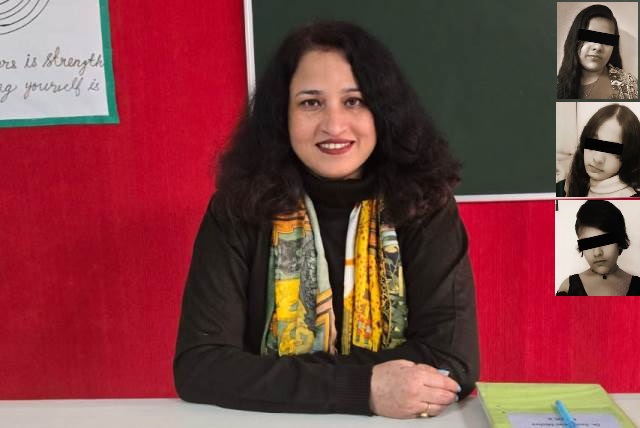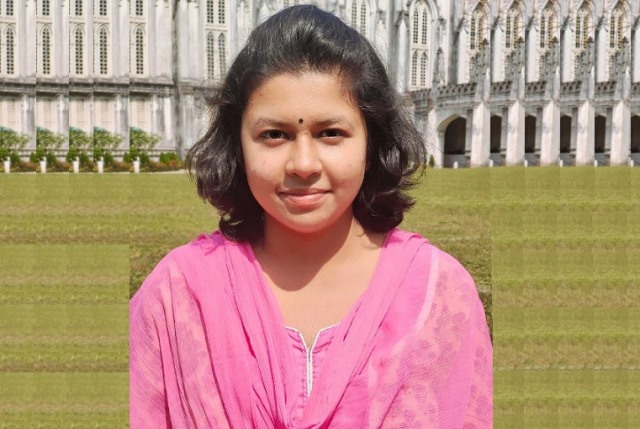
‘Language Should Be a Bridge, Not Wall; Netas Must Not Fuel Linguistic Discord’
S Siddhanathan, a retired official, says knowledge of multiple languages gives us more tools to navigate the world. His views:
During my job tenure, I spent decades working across different parts of India, meeting people from diverse linguistic backgrounds and cultural milieus. Over the years, I have come to appreciate the beauty of our multilingual society. However, I have also seen how language can be weaponised into a divisive issue, and that indeed worries me.
Recently, Tamil Nadu Chief Minister MK Stalin’s remarks in the media that he was ready for a ‘Language War’, left me unsettled. Why turn language into a battleground? Aren’t all languages meant to connect us, and not divide? I understand the pride and emotional connection people have with their mother tongue—I feel the same about mine. But refusing to acknowledge the importance of other languages, especially a widely spoken one like Hindi, will only bring more harm than good to this country’s fabric.
In my time serving the government, I witnessed first-hand the difficulties faced by people who did not know the local language when they moved to a new place. I remember a young officer from Tamil Nadu posted in North India who struggled to communicate. Simple things—reading signboards, interacting with locals, or even filling out paperwork—became exhausting challenges. Similarly, I’ve seen North Indians struggle in South India for exactly the same reasons. Wouldn’t life be easier if we all made an effort to learn an additional language or two?
ALSO READ: ‘Linguistic Diversity Is The Backbone Of India’s Unity’
The reality is that Tamilians do not stay in Tamil Nadu alone. They move for work, education, and better opportunities. If the state government can promise that every Tamilian will get a job within the state and never need to move out, then maybe sticking to just Tamil language makes sense. But that is not practical. People from every state travel across India and knowing Hindi—along with English—gives them an edge. It is not about imposing a language; it is about opening new doors.
I do not believe Tamil should be side-lined, nor should any other regional language. Languages are integral to our identity. But we must also be realistic. The world is changing, and so is India. Being multilingual is a point of strength. It allows for better communication, more job opportunities, and greater cultural understanding. Learning Hindi doesn’t mean losing Tamil; it just means having more tools to navigate the world.
What we need is a balanced approach. Tamil Nadu should continue celebrating its rich linguistic heritage while also preparing its people for a world beyond state borders. If a young Tamilian dreams of working in Delhi, Mumbai, or even abroad, shouldn’t he or she have every advantage possible?
I have always believed that language should be a bridge, not a wall. Instead of fighting over it, let’s encourage openness and learning. Political leaders should stop using language as a tool for division and start focusing on how to equip people for a better future.
At the end of the day, we all want the same thing—a life of dignity, opportunities, and ease. And sometimes, knowing just one extra language can make all the difference.
As told to Deepti Sharma



